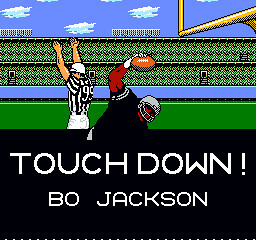Later, as we sat around the living room having a pre-dinner snack, one of my friends asked to hear "Whatever you were playing when we showed up. The British girl. Really pop-sounding."
The next week, he told me he had bought Allen's album. A couple of weeks later, one of the other friends, who mostly listens to top 40, said she had bought it.

I'm always playing stuff my friends haven't heard of, but I've rarely seen them so immediately smitten. But why not? With her playful vocals, Brit-crooner accent and ska- and reggae-influenced pop beats, she's certainly accessible.
But here's the key: Her music also has brains. The lyrics actually say something, which is something you can't say about the Timberlakes, Stefanis and Fergies of the world. "I'm bringing sexy back" may have more actual words than "getting jiggy with it," but they are equally meaningless.
Allen's music captures pop's virtues (light, breezy, easygoing) without its pitfalls (frivolous, throwaway). "Smile" is one of the best pop songs of the 2000s, or whatever you call them, for that exact reason.
Lily Allen — Smile (MP3)
Last summer, when a mountain of music promotion tried to convince us that Paris Hilton was a pop star, the indie world fell in love with Allen, whose album was only out in the U.K. at the time. As her popularity has grown (her show Friday at the House of Blues is sold out), there's been the usual, expected indie backlash, which is sillier than ever. If my mom starts singing "but you were f*cking that girl next door..." then I'll worry about overexposure.
Allen doesn't just show people that there's more to pop than Top 40, she proves that pop isn't always a four-letter word.

No comments:
Post a Comment